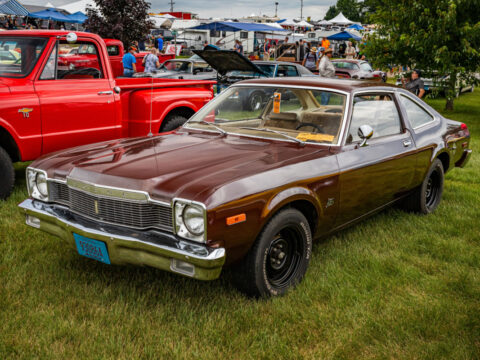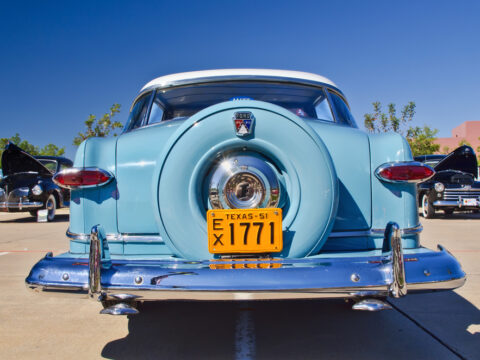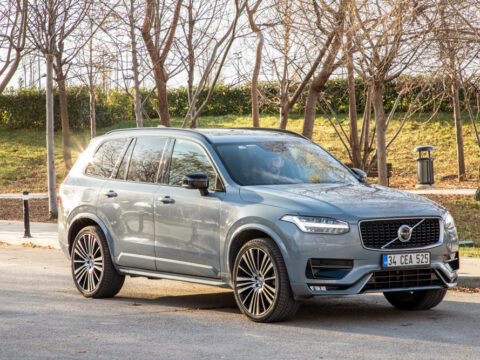Owning a classic car can be a dream come true for many enthusiasts, but it also comes with its own set of challenges. Beyond the charm and nostalgia, there are several disadvantages that prospective owners might not initially consider. Here are some disadvantages of owning classic cars that you might not have thought about.
Contents
High Maintenance Costs
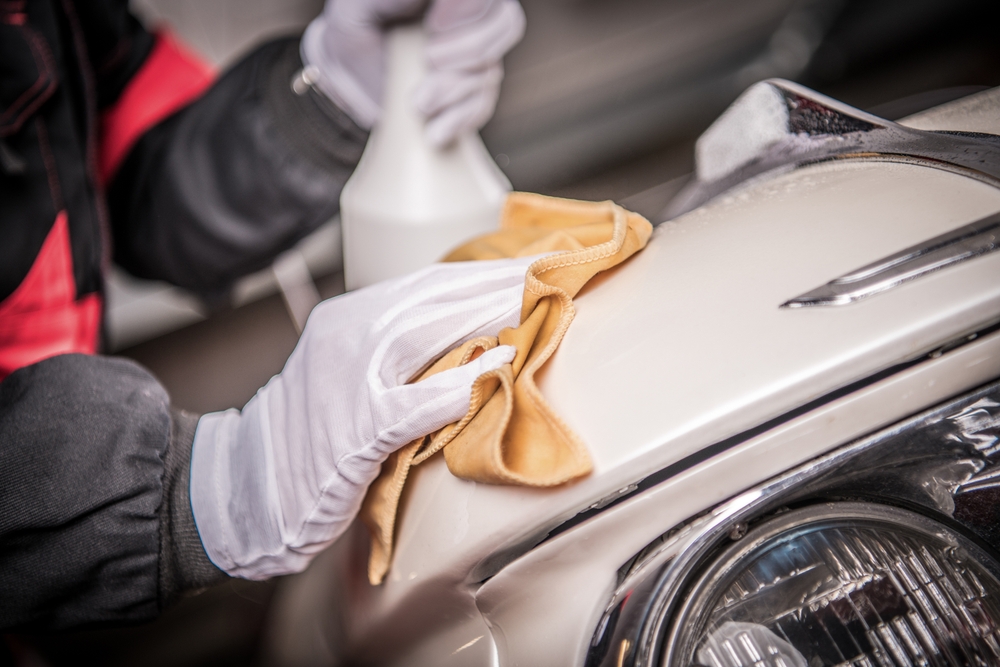
Owning a classic car often involves higher maintenance costs compared to modern vehicles. Parts can be rare and expensive, and finding a mechanic experienced in working with older models can also be challenging. Regular maintenance tasks, such as oil changes, brake adjustments, and carburetor tuning, can be more labor-intensive and costly. This ongoing expense can add up significantly, making classic car ownership a financial commitment.
Limited Availability of Parts
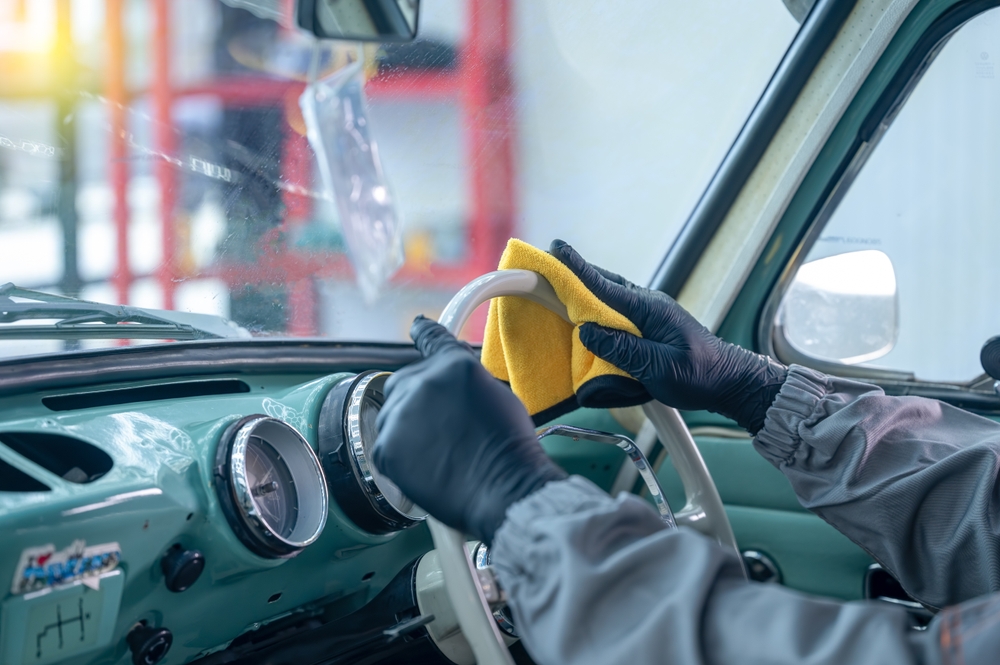
Finding replacement parts for classic cars can be difficult due to their age and rarity. Many parts are no longer in production, and owners may need to source them from specialty suppliers, salvage yards, or other collectors. This scarcity can lead to long wait times and high prices for essential components, making repairs and restorations more complicated and costly.
Poor Fuel Efficiency
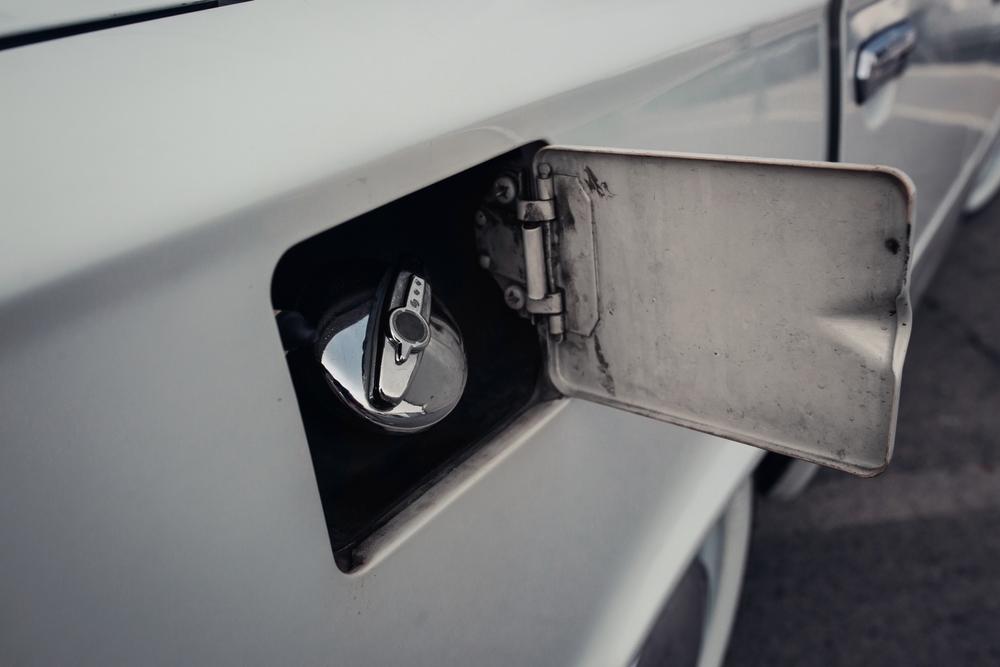
Classic cars typically have lower fuel efficiency compared to modern vehicles. Older engines and heavier vehicle weights contribute to higher fuel consumption. For example, a classic muscle car might get as low as 10-15 miles per gallon, making frequent refueling necessary and increasing the overall cost of ownership, especially with rising fuel prices.
Lack of Modern Safety Features
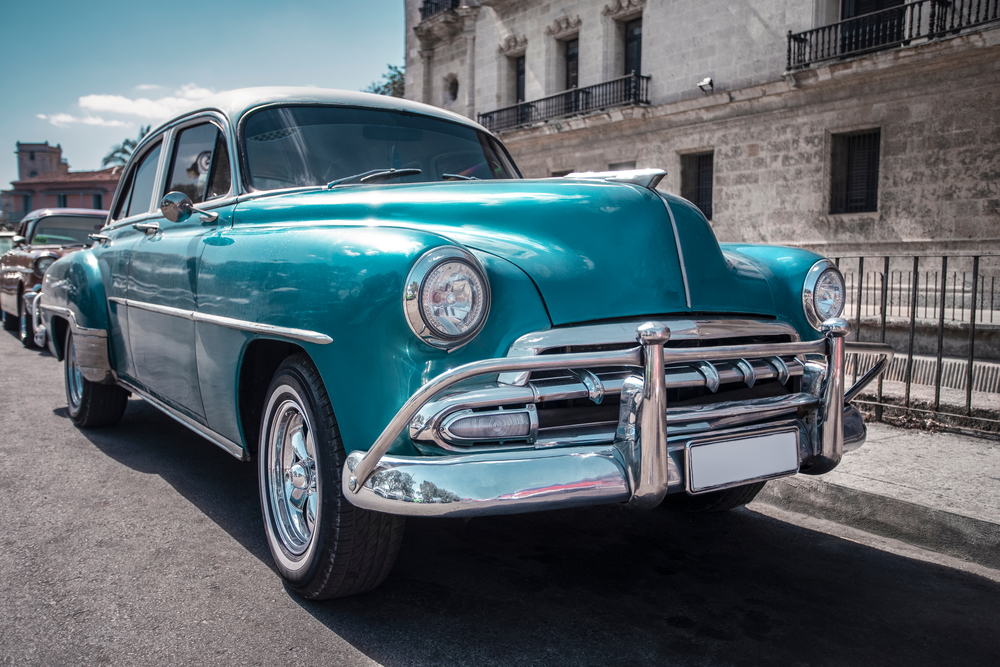
Classic cars lack modern safety features such as airbags, anti-lock brakes, traction control, and advanced driver-assistance systems. This absence can make them more dangerous to drive, especially in the event of an accident. Owners need to be extra cautious and aware of these limitations when driving their classic vehicles.
Frequent Repairs
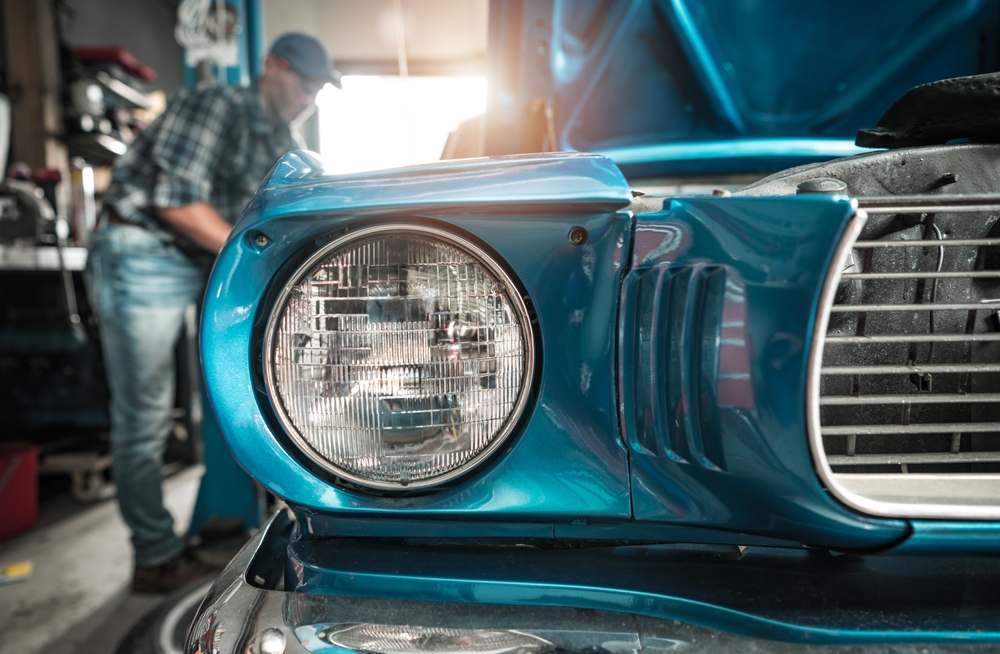
Due to their age, classic cars are more prone to mechanical failures and breakdowns. Components like the engine, transmission, and electrical systems may need frequent repairs or replacements. This can be inconvenient and costly, requiring owners to have a good understanding of their vehicle’s mechanics or reliable access to a knowledgeable mechanic.
Storage Requirements
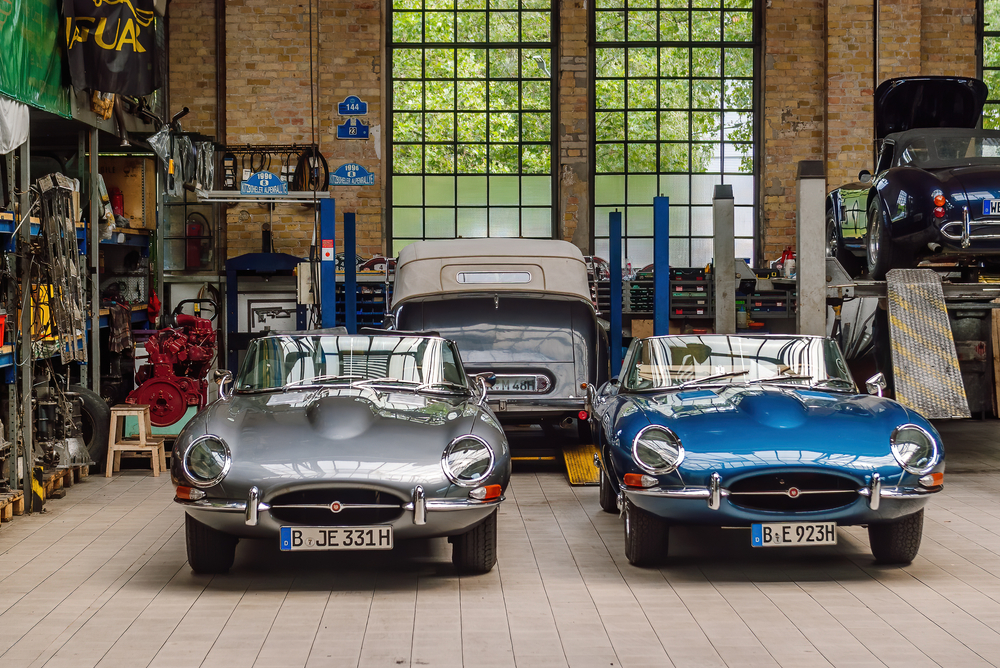
Proper storage is crucial for preserving a classic car’s condition. These vehicles often require climate-controlled environments to prevent rust, mold, and other forms of deterioration. Owners without adequate storage space may need to invest in specialized storage solutions or rent storage units, adding to the overall cost of ownership.
Insurance Costs
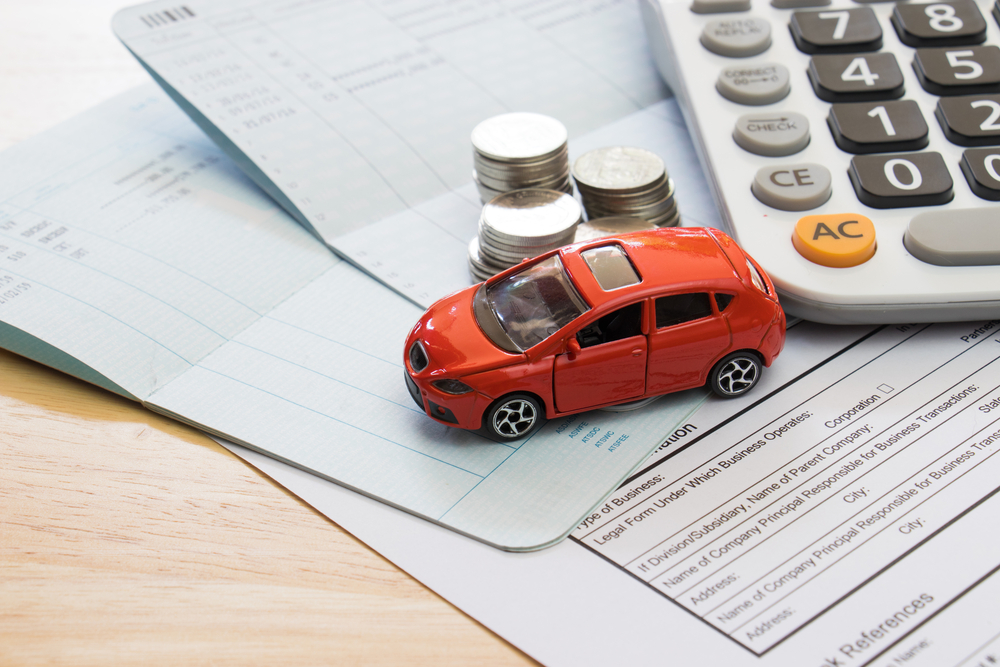
Insuring a classic car can be more expensive than insuring a modern vehicle. Specialty insurance policies that cover the unique risks associated with classic cars often come with higher premiums. Additionally, insurance companies may require proof of proper storage and limited annual mileage, adding to the complexity and cost of maintaining coverage.
Limited Practicality
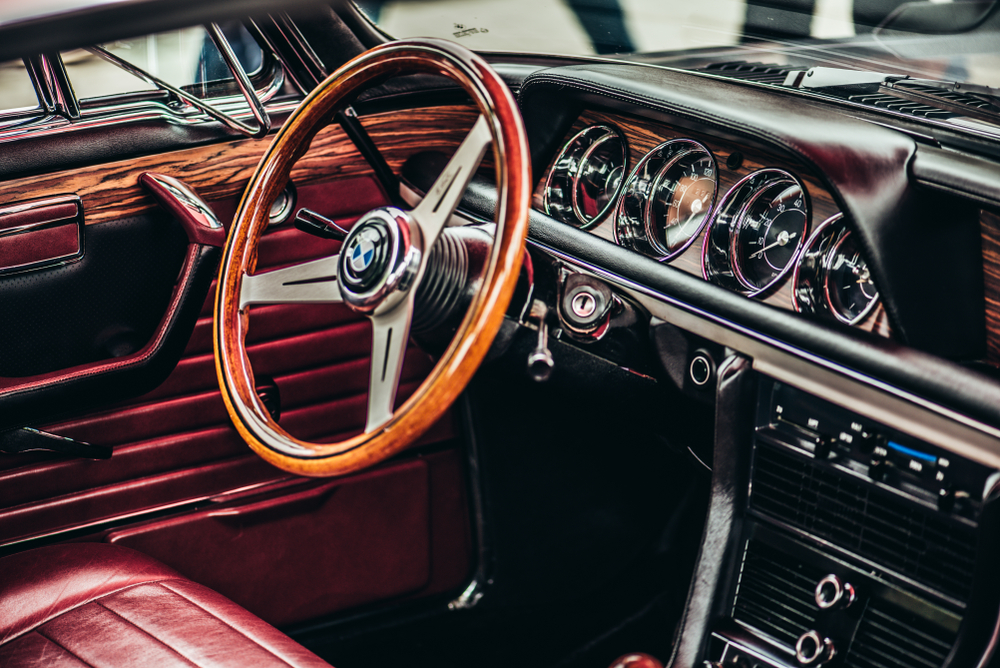
Classic cars often lack the practicality of modern vehicles. They may have less interior space, smaller trunks, and fewer convenience features like air conditioning, power steering, and advanced infotainment systems. This lack of practicality can make classic cars less suitable for daily driving or long trips, limiting their usability.
Emissions and Environmental Impact
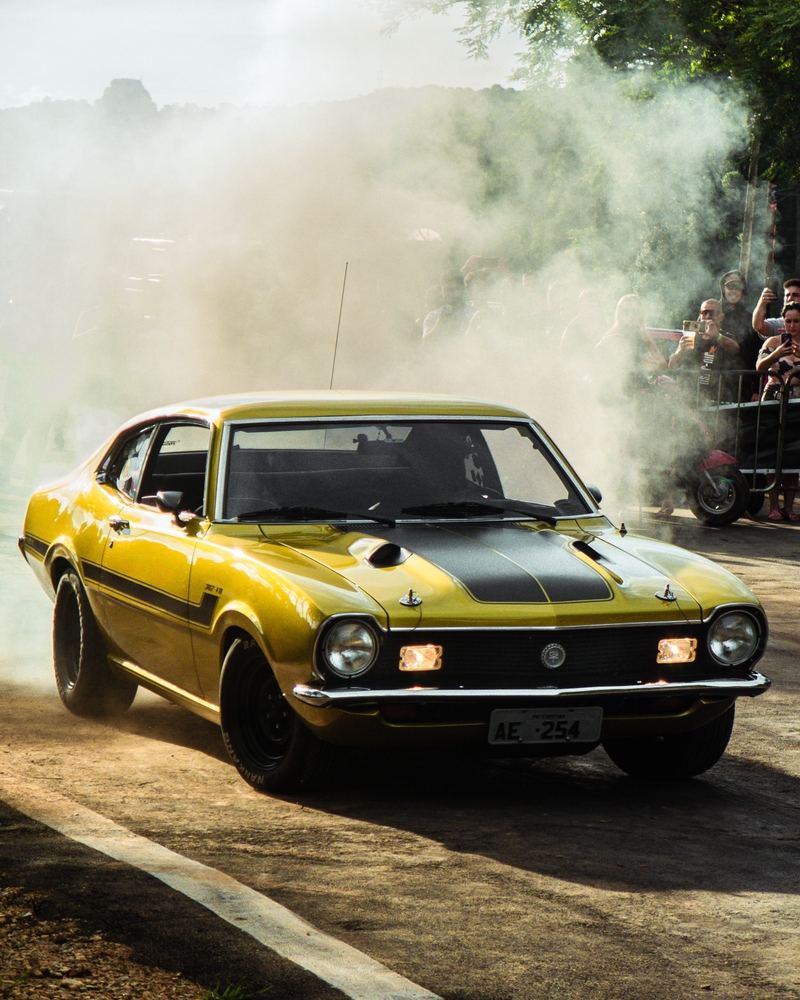
Classic cars typically have higher emissions than modern vehicles due to less efficient engines and the absence of modern emissions control systems. This can contribute to environmental pollution and may make it difficult to register or drive these vehicles in areas with strict emissions regulations. Owners may face additional costs or restrictions to comply with local laws.
Reliability Issues
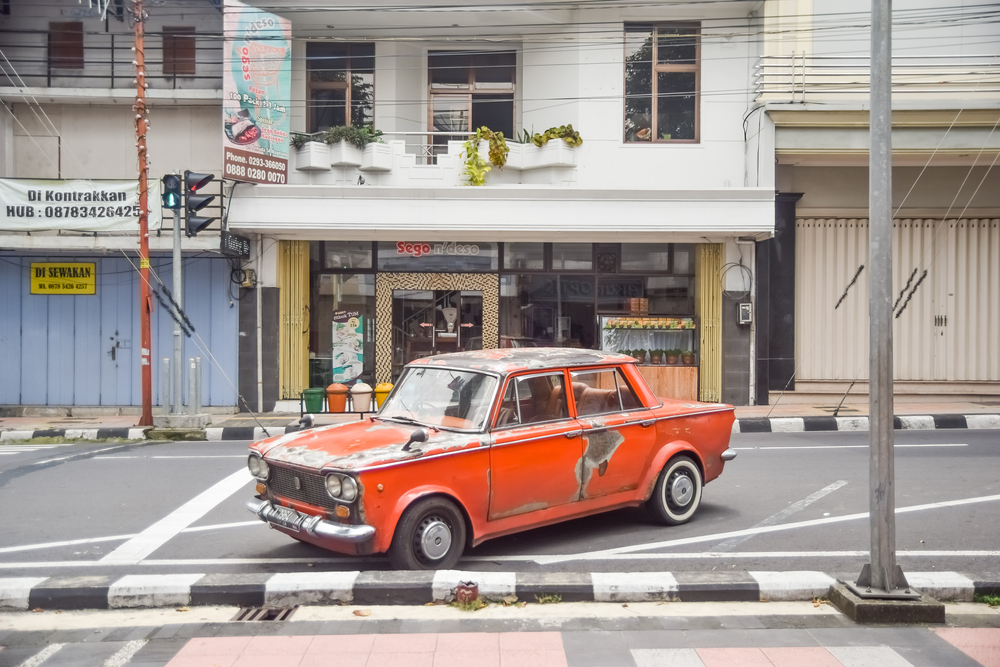
The reliability of classic cars can be unpredictable. Due to their age and the potential for worn or outdated components, these vehicles may experience frequent breakdowns or require constant attention to keep running smoothly. This can be frustrating and inconvenient, especially for those who are not mechanically inclined.
High Depreciation Risk
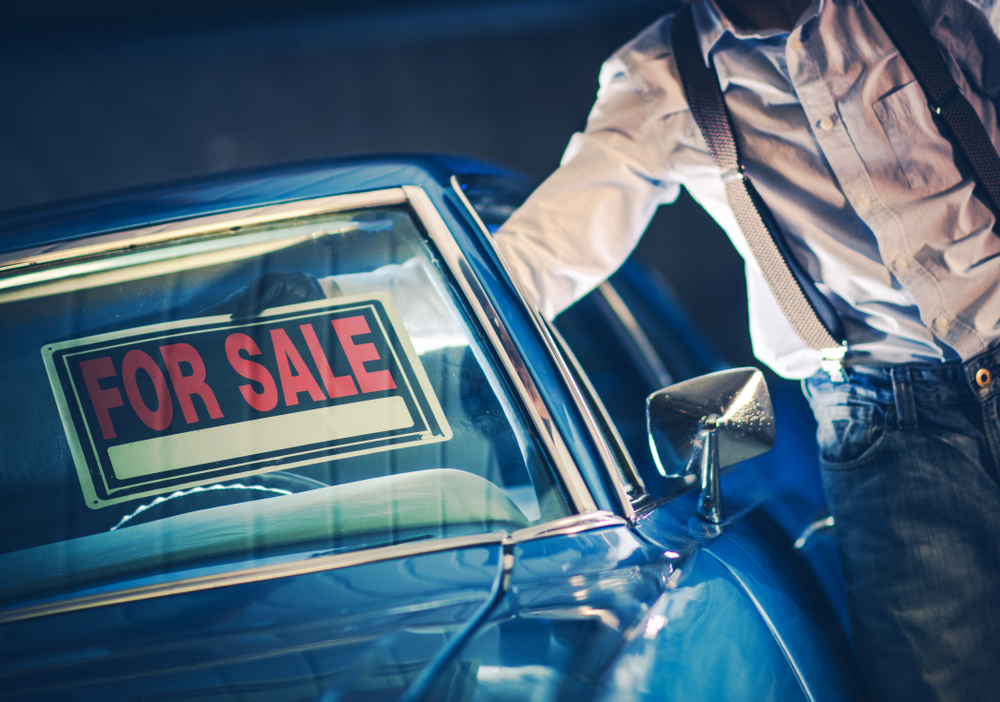
While some classic cars appreciate in value, many do not. The market for classic cars can be volatile, and factors such as changes in collector preferences, economic conditions, and the availability of similar models can impact the value of a classic car. Owners may find that their investment does not yield the expected financial return.
Lack of Comfort
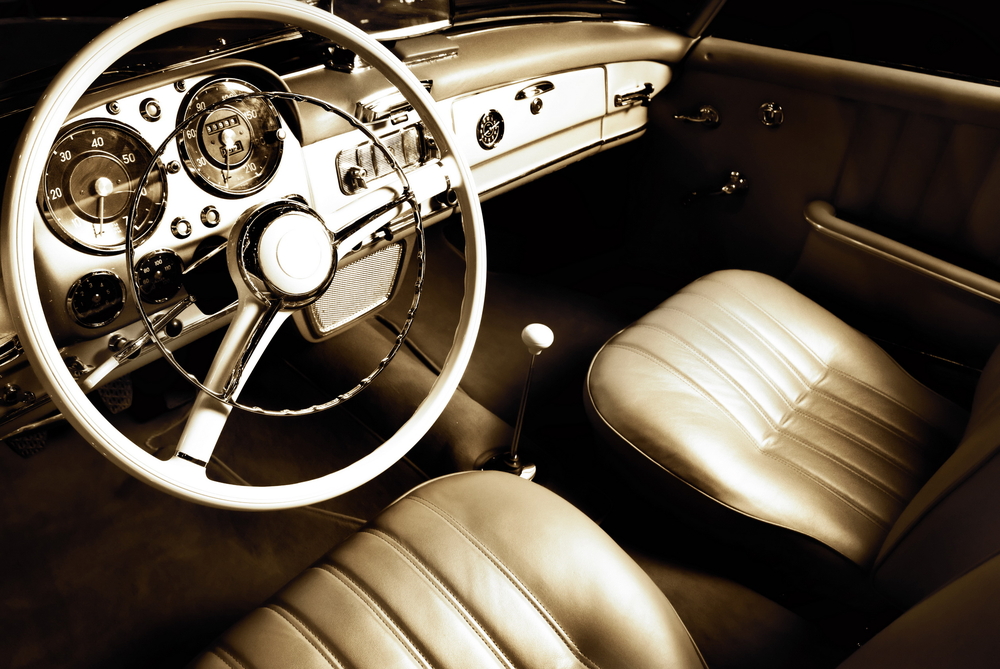
Classic cars often lack the comfort features found in modern vehicles. Suspension systems, seats, and interior amenities may not provide the same level of comfort and convenience. Long drives can be tiring and uncomfortable, making classic cars less appealing for regular use.
Vulnerability to Theft
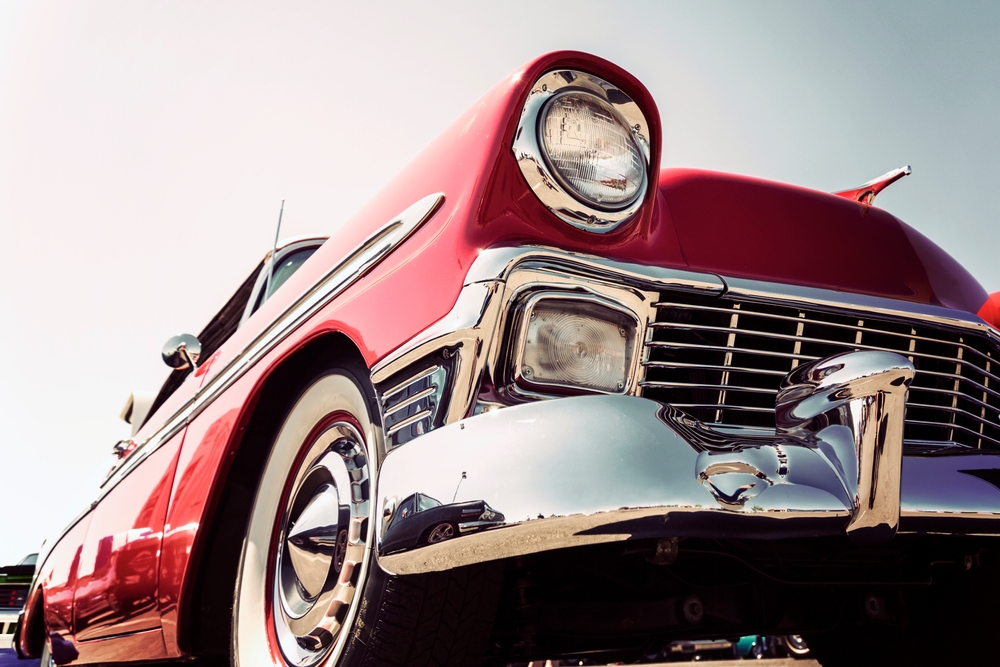
Classic cars can be attractive targets for thieves due to their high value and demand. Owners need to invest in additional security measures such as alarms, tracking systems, and secure storage facilities to protect their investment. Despite these precautions, the risk of theft remains higher than with modern vehicles.
Difficulty Finding Skilled Mechanics
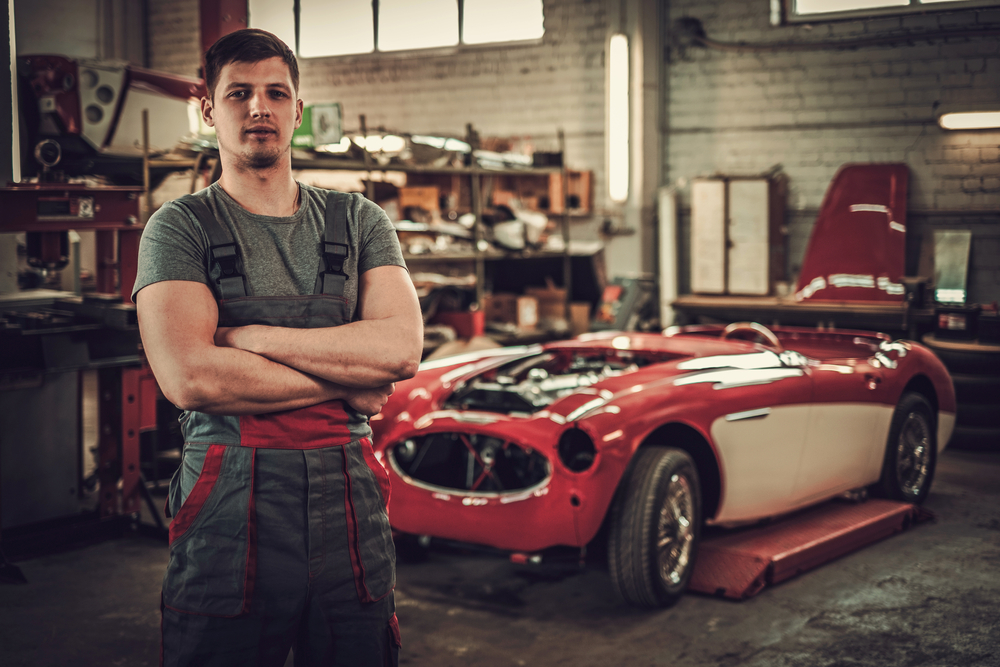
Not all mechanics are familiar with the intricacies of classic cars. Finding a skilled mechanic who understands the specific needs of an older vehicle can be challenging and expensive. Owners may need to travel long distances to find a qualified professional, adding to the inconvenience and cost of maintenance and repairs.
Poor Handling and Performance
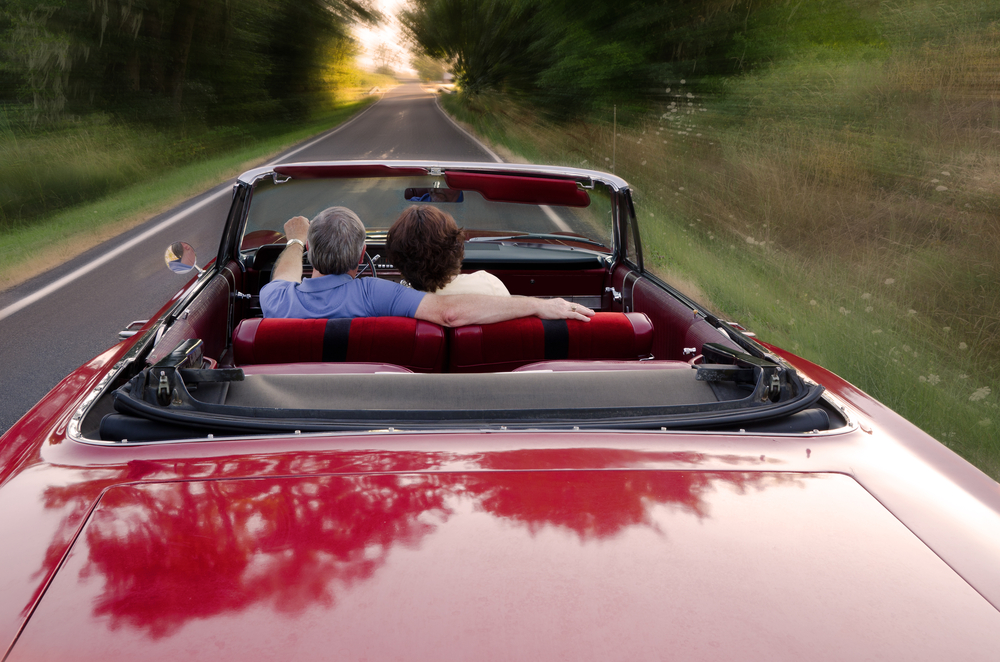
Compared to modern vehicles, many classic cars have inferior handling and performance characteristics. Older suspension designs, braking systems, and tires can result in less precise handling, longer stopping distances, and overall reduced performance. This can affect driving enjoyment and safety, especially in demanding driving conditions.
Limited Technology
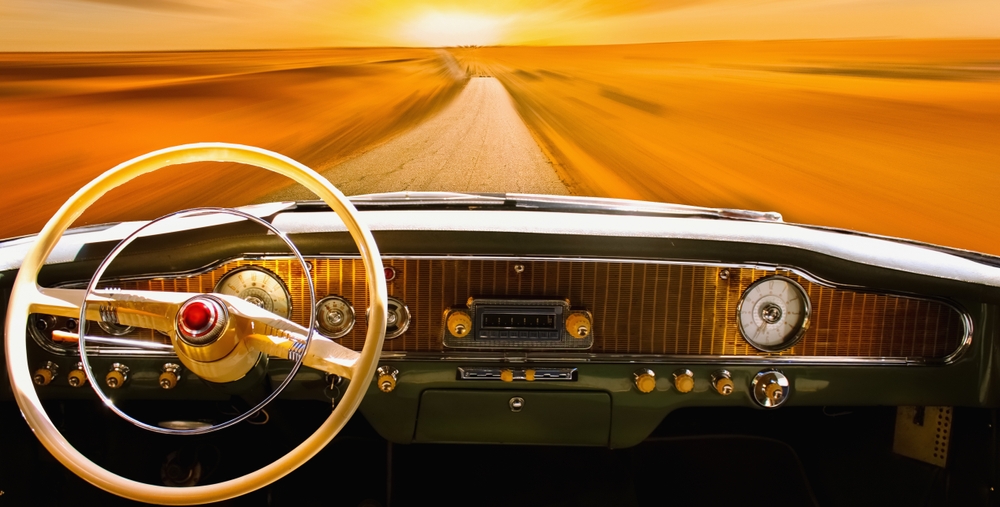
Classic cars lack the advanced technology found in modern vehicles, such as GPS navigation, Bluetooth connectivity, and advanced driver assistance systems. This absence can make driving a classic car less convenient and enjoyable, particularly for those accustomed to the latest automotive technology.
Costly Restorations
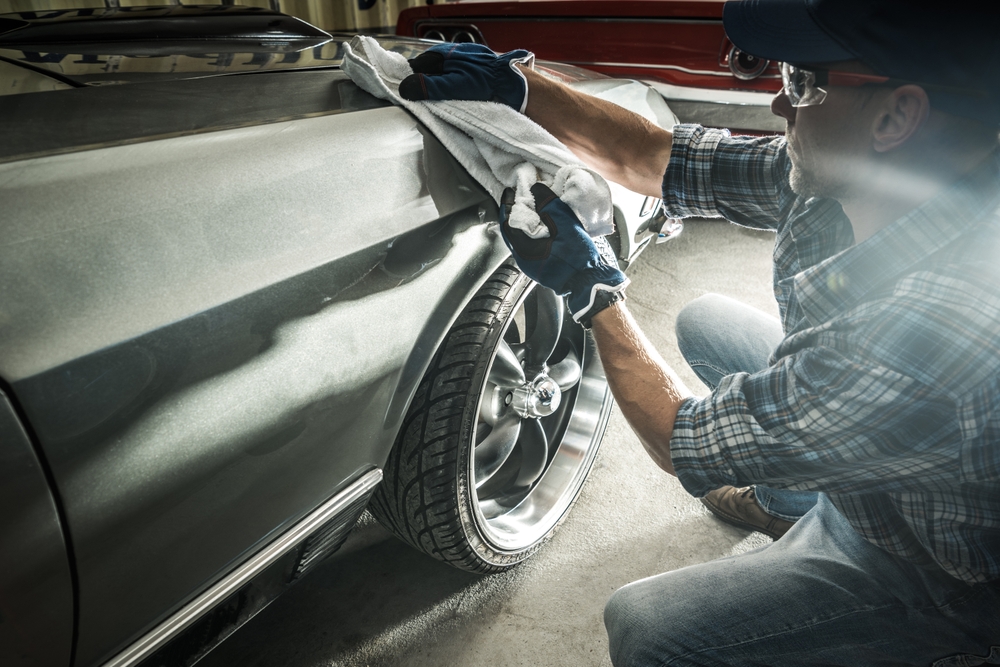
Restoring a classic car to its original condition can be an expensive and time-consuming process. Sourcing authentic parts, hiring skilled craftsmen, and investing in high-quality materials can quickly add up. Owners should be prepared for significant financial and time investments if they choose to undertake a restoration project.
Legal and Registration Issues
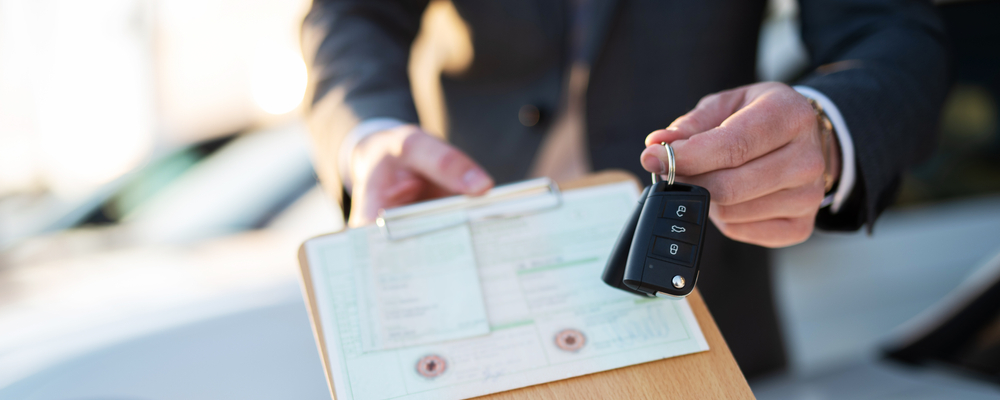
Registering and legally driving a classic car can be more complicated than with a modern vehicle. Emissions regulations, safety inspections, and other legal requirements can vary by location and may pose challenges for classic car owners. Ensuring compliance with these regulations can involve additional time and expense.
Limited Warranty Options

Classic cars typically do not come with warranties, leaving owners responsible for all repair and maintenance costs. Unlike new vehicles that come with manufacturer warranties, classic car owners must bear the full financial burden of any issues that arise. This lack of warranty protection can make owning a classic car a risky and costly endeavor.
Weather Sensitivity
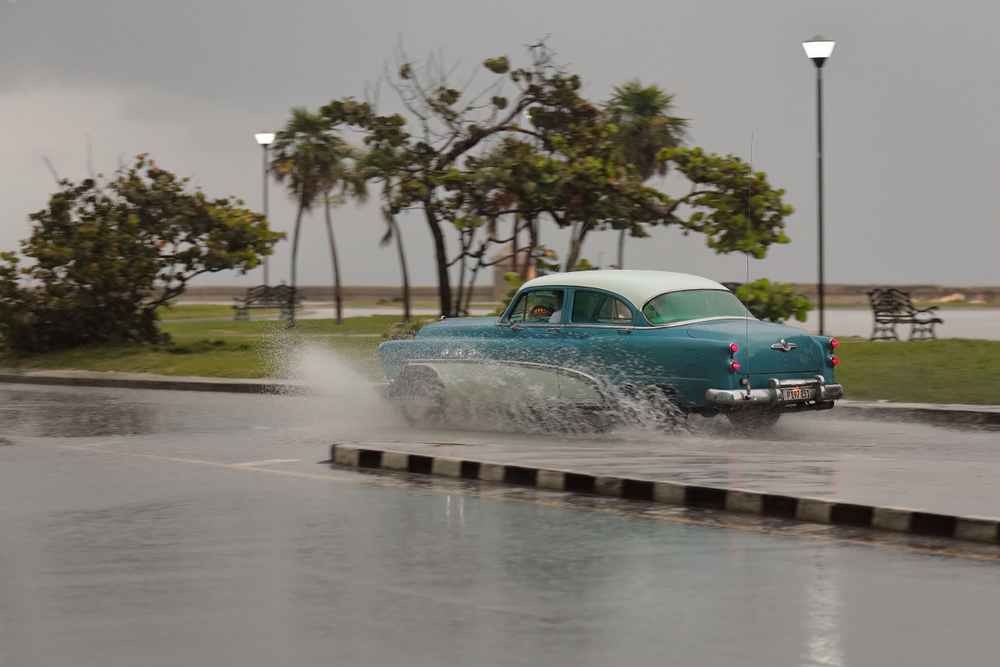
Classic cars are often more sensitive to weather conditions than modern vehicles. Exposure to rain, snow, and extreme temperatures can accelerate wear and tear, leading to rust and other forms of deterioration. Owners need to be vigilant about protecting their classic cars from the elements, which can involve additional time, effort, and expense.
This article originally appeared on MyCarMakesNoise.
More from MyCarMakesNoise
25 Legendary Supercars That Broke Records and Made History
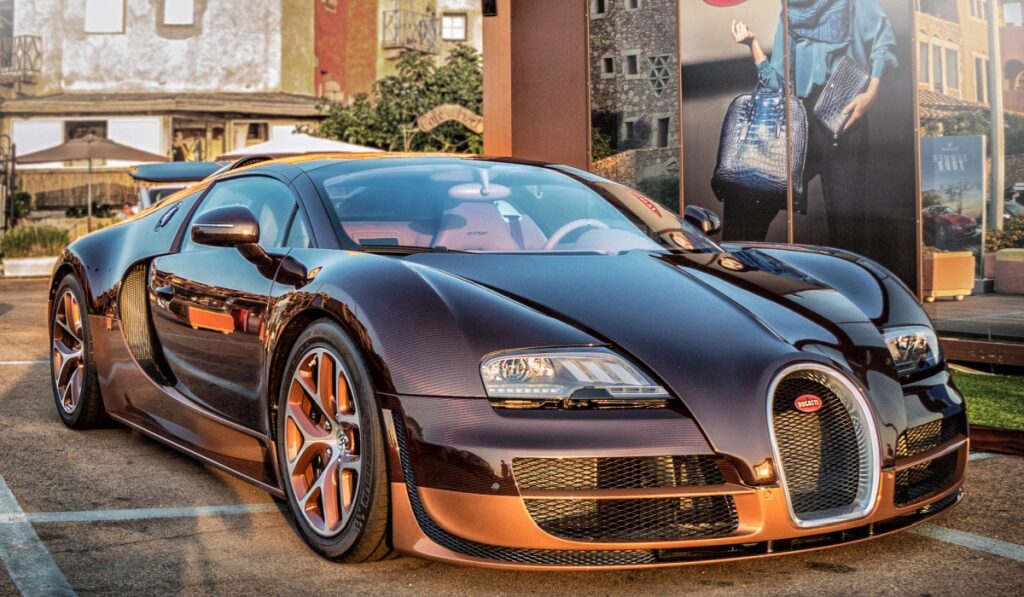
Supercars have always been at the forefront of automotive innovation, pushing the boundaries of speed, design, and technology. In this article, we explore 25 supercars that didn’t just break records—they redefined what’s possible in the automotive world. Read More.
The 20 Best Maritime Museums to Visit Worldwide

Discover the wonders of maritime history with our list of the top 20 must-see maritime museums around the world. These museums offer a fascinating glimpse into the rich heritage of seafaring, shipbuilding, and naval exploration. Read More.
13 Trucks That Set the Standard for Modern Freight Transport
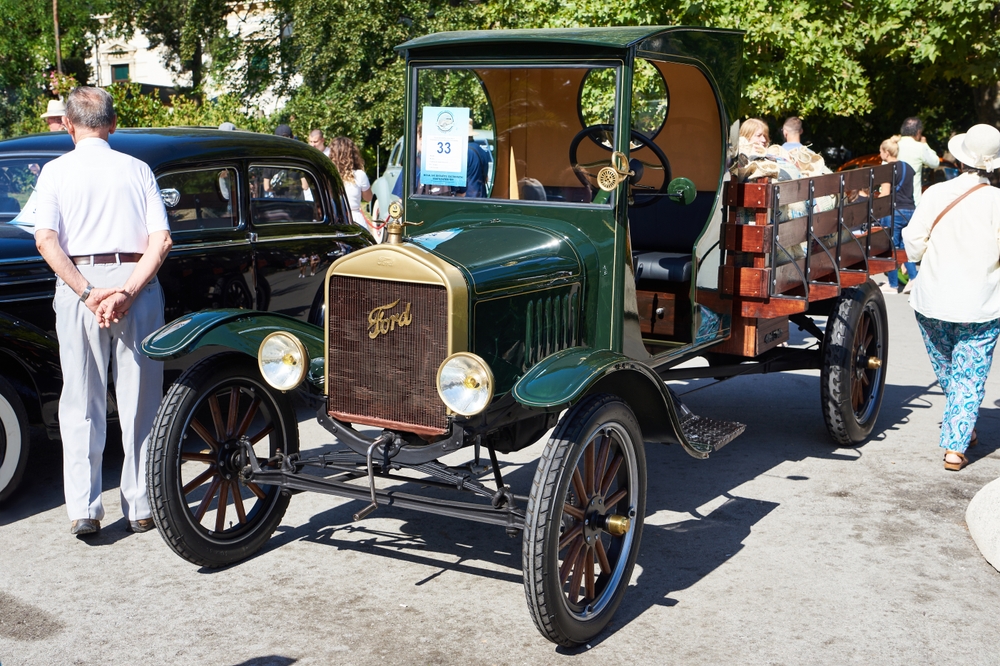
Freight transport has come a long way, thanks to the ingenuity and power of some legendary trucks. These trailblazing vehicles not only revolutionized the industry but also set new standards for efficiency, reliability, and innovation. Read More.

